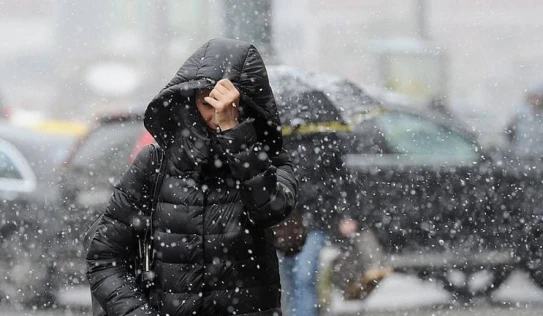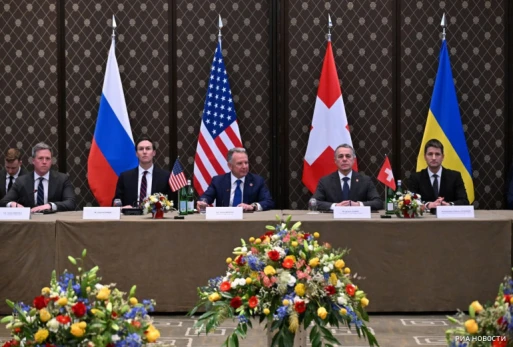"Fact" writes: One of the most sensational indicators of economic conditions and social life is inflation, which clearly affects all of us, regardless of the level of income, or even ... political views.
In Armenia, April reports show that the country has entered a new inflationary phase, the consequences of which are deepening for the general public. Note that inflation is a much more dangerous phenomenon than it may seem at first glance. It is a factor of deepening social inequality, which contains the risk of violation of domestic market dynamics, reducing the availability of health and education. The reports of the World Bank and the International Monetary Fund testify to the economy, which is very economically dependent on small and foreign markets, is the first in the field of food.
These products make up most of the daily consumption of the average family, so their rise in the consumer behavior and living standards of the population is directly affected. Such a rise in prices for the population is created not only a serious problem, but also reveals the vulnerabilities of imports, local production and food policy. Potato is a branch of agriculture, which has a lack of local production, no lack of equipment or lands, but such rates of prices testify to the low efficiency of import dependence and supply in the domestic market.
At one time, Pashinyan was mocking that potato prices "filled", let people eat onions, eat mixed greens, whose prices are low. And now it is the moment of asking him to ask why the government does not take appropriate steps on food security that we are facing such situations.
It is no coincidence that this wave of food inflation takes place when economic growth in the country is slowing down. Armenia's economic activity has remained at a low level in January of this year, making about 4.4%, which is modest compared to previous years, does not meet the requirements for inflation and social problems. And despite the economy's indicators record some growth over time, but that growth does not apply to enough social life. Moreover, the rise in prices often exceed economic growth several times. And that is why economic growth turns into only just the numbers, because people feel only inflation instead.
The passive of foreign trade affects the ratio of export and import, limiting the "breath" of the economy. Armenia largely depends on foreign markets, particularly from the Russian Federation, and the shocks in the international market are immediately reflected in the internal inflation logic. Russia's ruble instability, logistics problems, as well as international inflationary pressures, especially in the market of food and energy, are expressed in the internal inflationary channels of Armenia. The problem is more difficult because our economy is increasing more and more on imports.
However, only external factors are not the cause of this situation. There are serious gaps in the economic and social policy of the Armenian government, in particular the absence of effective mechanisms for inflation. The government is unable to take regulatory steps in the market to start inflation. Instead, the authorities fill oil in a number of directions on the horrible fire of inflation, sharply increasing taxes. On the other hand, no steps are taken to increase the income of citizens.
The pensions and salaries have not risen almost "from time to time". And the government's programs are often focused on short-term effects, while a policy of structural change is needed, which will include local production, market diversification, and strengthening the institutional mechanisms of pricing. And those tendencies come even from last year.
According to the World Bank, the unemployment rate reached 13.9% in 2024, compared to 12.4% in 2023. This testifies not only to the weakening of the demand for labor market, but also that the growth of the economy is not enough to create new jobs or maintain existing ones.
Arthur Karapetyan


























